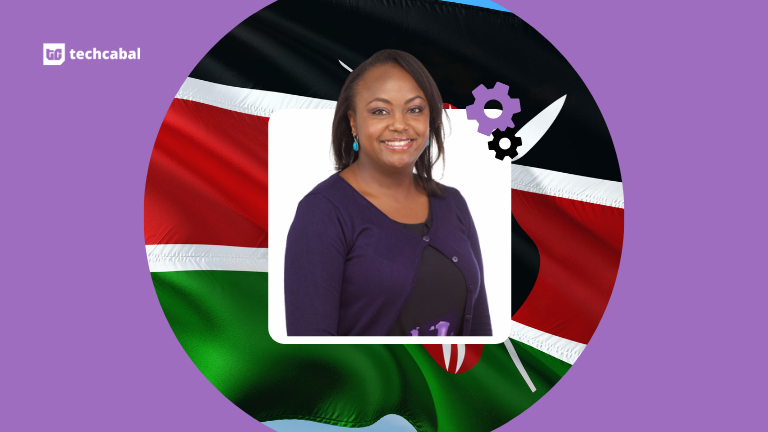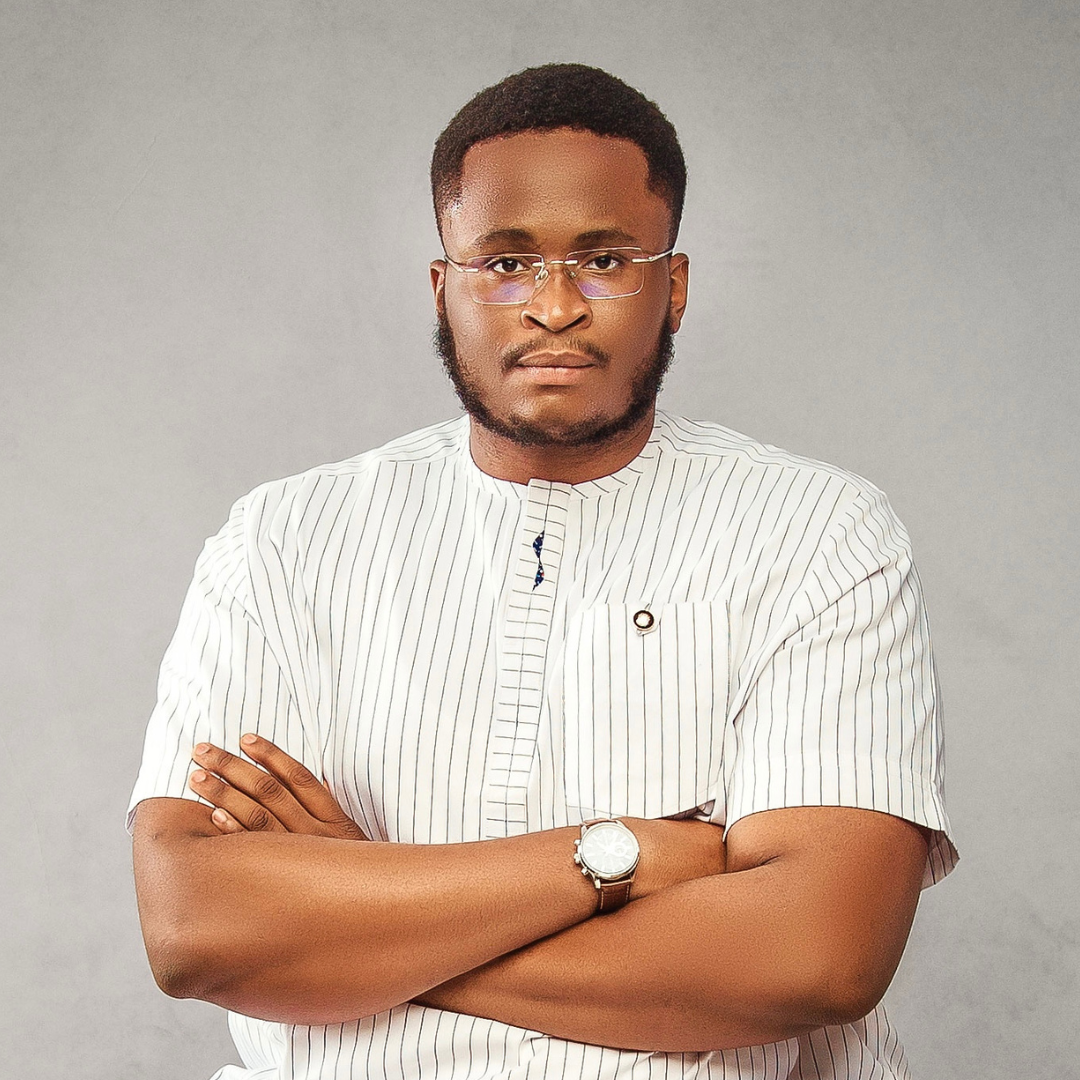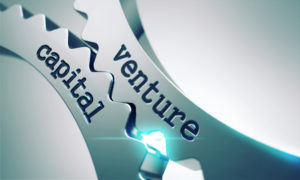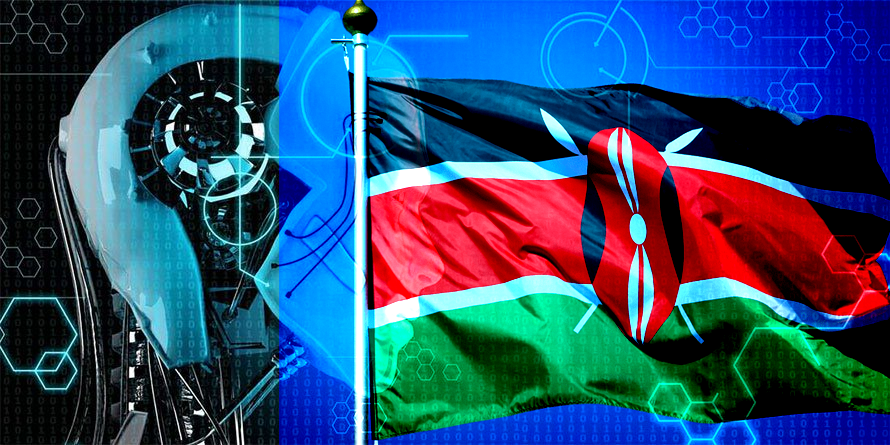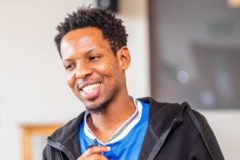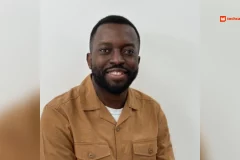Carolyne Mwaura is the Global Head of People at Sokowatch.
Carolyne has over 16 years of experience as an HR professional, originally working in the USA for 10 years before returning home to Kenya. Prior to joining Sokowatch, Carolyne was the Group Head of HR for sub-Saharan Africa at Ringier One Africa Media, overseeing hundreds of team members across eight African countries. Prior to that, she was the East Africa Talent Manager at ALN/ Anjarwalla & Khanna. Carolyne is a certified Counselor by the Institute of Human Resource Management (IHRM) and a certified Coach by the Strathmore Business school. She holds a Higher Diploma in Human Resource Management from IHRM, a Law degree from Western State College of Law (California, USA) as well as a Psychology degree from California State University Long Beach (California, USA).
Explain your job to a five-year-old
I work with people and I make sure that they enjoy coming to work, they have everything they need to do their jobs well and they feel challenged and passionate about working at Sokowatch
What’s something you wish you knew earlier in your career/life?
In both life and career, give yourself grace, I think sometimes we tend to be our own harshest critics. The failure is not in making mistakes, the failure is in not learning from them.
What’s the most promising thing about tech in Africa?
Technology can have a huge impact in so many areas of our daily lives. For example, what we do at Sokowatch makes a difference in terms of accessibility of essential goods and services across the countries in which we operate. We work with informal retailers who do not have the negotiating power or ability to get goods to their shops at reasonable prices. We bridge the gap between the retailers and manufacturers through technology, we help the retailers get goods at affordable prices with free delivery. This is just one story of the impact tech is already having in Africa and we are just scratching the surface
How can tech startups in Africa build and retain more talent?
In Africa, we have a very young workforce, to attract them, you must have a compelling vision, something they can connect to. Once you have hired the right talent, invest in them, in terms of training, clear career growth options, have the right culture and a work environment that gives them ownership.
What’s one misconception businesses/startups make about hiring and retainment?
Underestimating how challenging it can be to hire the right talent. Keywords here being the right talent; people who can come onboard and have an immediate impact. Closely tied to this is the misconception that once you hire someone your job ends there…to me this is actually just the beginning, you want to make sure that the right talent stays with you for the long haul, this takes intentionality.
What (singular) achievement are you most proud of?
In recent history, I would say what we have built at Sokowatch, I was employee number 1 in the People department. We didn’t have a lot of things in place as would be expected of a startup and we had about 50 FTEs. Fast forward 2.5 years later and we have grown across Africa, with employees representing 16 different nationalities and about 1000 FTEs. It has been a labour of love and continues to be.
What’s something you love doing that you’re terrible at. And what’s something you really do not like doing that you’re great at.
Completing puzzles, I really enjoy putting things together and I have been trying to finish a 1000 piece puzzle for the last 3 months… I don’t think it should take that long!
I’m naturally an introvert so standing up in front of a lot of people is something I don’t particularly enjoy, however, with my job it’s something I’ve really become good at over the years, connecting with people.
What do you think about Web3?
Some of the positives for Web3 would be the decentralised model which gives people more control over their data, especially in an age where data is king, it would also prevent single points of failure when servers go down. On the other hand, because of decentralisation, accessibility to information may not be as instantaneous as it currently is. As with all new innovations, we may not completely understand the impact until Web3 is fully here.







